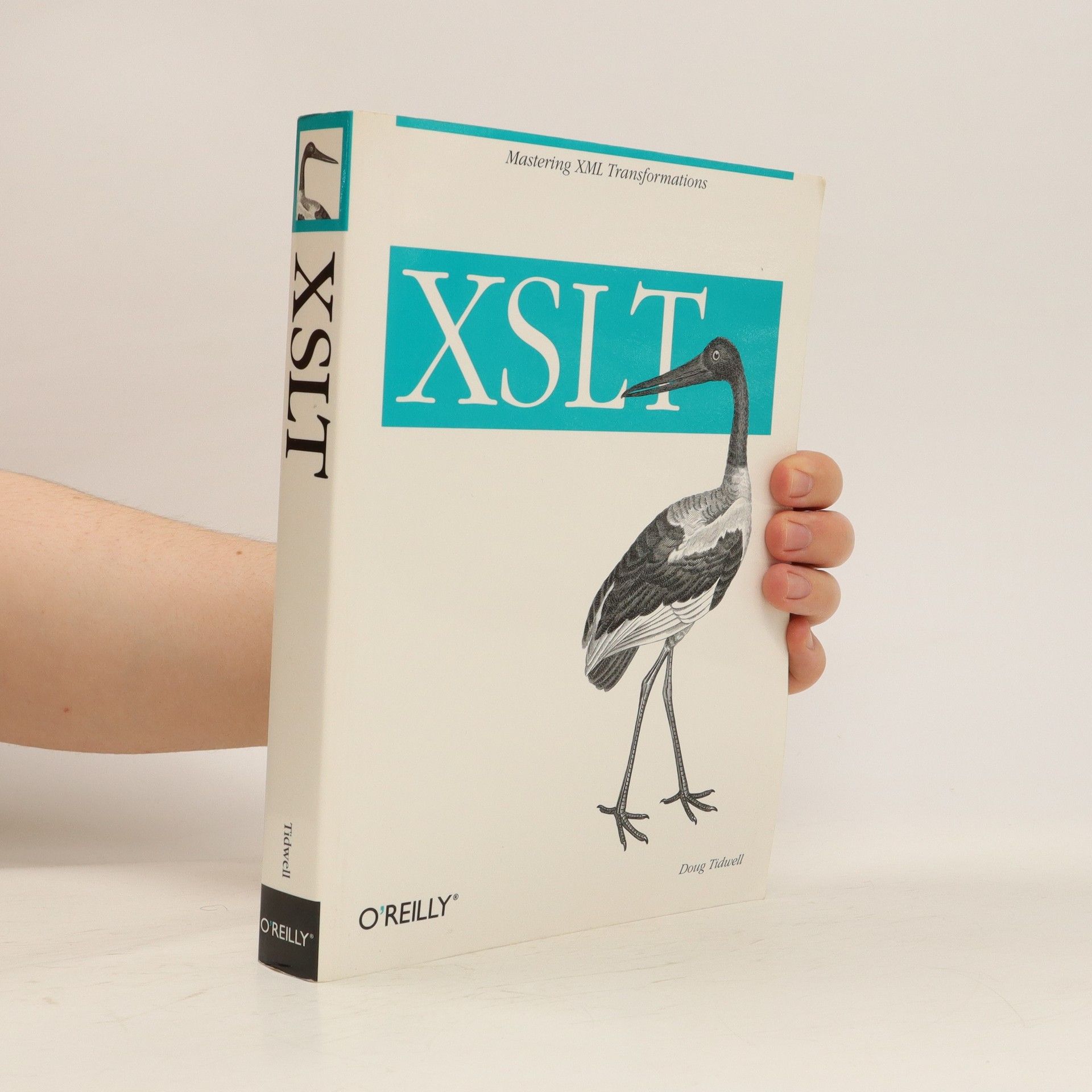XSLT
Authors
More about the book
Have you ever needed to convert documents from XML to HTML ? Or from one XML vocabulary to another ? Extensible Stylesheet Transformations (XSLT) provide a critical bridge between XML processing and more familiar HTML, as well as between XML vocabularies. XSLT demonstrates how to use this powerful, but complex, tool for a wide variety of conversions. Examples illustrate many different cases and techniques, giving you working code to explore and modify for your own purposes. Originally created for page layout, XSLT has grown into one of the tore technologies used by most developers processing XML. Through clear and entertaining explanations, this book shows you how to use XSLT as a general-purpose translation tool, a system for reorganizing document content, and a tool for generating multiple results (including HTML, VRML, and SVG) from the same content. Though XSLT is extremely useful, it can also be daunting to new users. XSLT uses an XML-based template syntax combined with a terse vocabulary called XPath that identifies how the template applies to the original document. The understanding of " variables " in XSLT is very different from the understanding of " variables " in procedural languages, for instance. Getting started with XSLT is difficult, and advanced techniques require a thorough understanding of how XSLT templates work and interact with one another. XSLT brings it all together, giving developers both a thorough tutorial and a reference. It examines both XSLT and XPath, a critical companion standard, and explores subjects ranging from basic transformations to complex sorting and linking. In addition, the book explores extension functions on various XSLT processors and how to combine multiple documents with XSLT. Examples demonstrate all of the techniques described. Examples also illustrate how to use XSLT to generate a ride variety of target document types, including HTML, SVG, JPEG, Java source code, and XSLT stylesheets.


